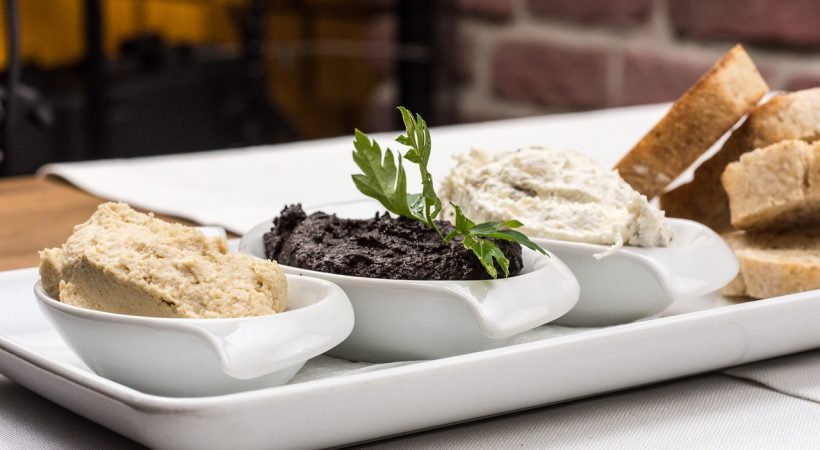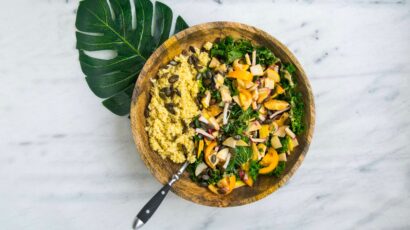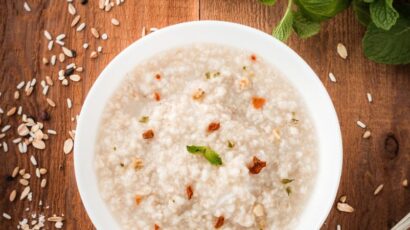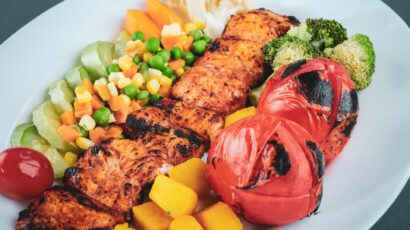Diet for ADHD

Though there is no specific diet that heals ADHD (Attention Deficit Hyperactivity Disorder )completely, some sources claim that there are certain diets and meal plans that can help control the symptoms and these include various food items that helps enhances concentration. Diet plans like elimination diets, the Few Foods diet, and the Mediterranean diet can help manage ADHD.
These foods that benefit individuals with ADHD helps in stabilizing the energy and blood sugar levels in the human body. Protein-rich foods including scrambled eggs, avocado and tomatoes along with whole grain bread is a recommended ADHD diet as proteins are essential for the brain health as it has a major role to play in producing neurotransmitters. Meat, poultry products, fish, shellfish, beans, lentils, eggs and nuts are also rich in protein .Such diets can also prevent spikes in blood glucose levels.
Along with proteins, carbohydrates can also help in preventing blood sugar spikes and such foods can help in keeping a person feel fuller for longer and this can help stop them from unnecessary snacks. They can also help improve sleep. Foods with complex carbohydrates include fruits, vegetables, whole-grain bread, pasta, brown rice, beans and lentils.
There have been studies in the past which have proved that ADHD is closely related to low levels of micronutrients including iron, magnesium, zinc, vitamin B-6, and vitamin D. But at the same time, there have been no clear evidences that these low levels lead to the development of ADHD and if consuming these nutrients can improve the condition of the patient. However, these would surely not cause haram. The following foods can help increase the nutrient levels in the body.
Iron could be obtained from beef, liver, kidney beans, and tofu and Zinc could be obtained from meat, shellfish, beans, and nuts. While pumpkin seeds, almonds, spinach, and peanuts can help enhance the Magnesium content in the body, foods likeeggs, fish, peanuts, and potatoes are rich in vitamin B-6.Vitamin D is a significantly present in fatty fish, beef liver, egg yolks, and fortified foods and Chia seeds are rich in Omega-3 fatty acids. Studies have proved that children with ADHD have reduced levels of omega-3 fats and that consuming more omega-3s may help modestly improve symptoms and enhance attention, focus, motivation, and working memory in children with ADHD. It is important to understand that consuming omega-3 fatty acids is not a substitute for ADHD medications. Foods rich in omega-3 fatty acids include fatty fish such as salmon and tuna, walnuts, chia seeds and flax seeds
There are also certain food items to avoid in case of ADHD and these include sugary foods and sweet cool drinks.















